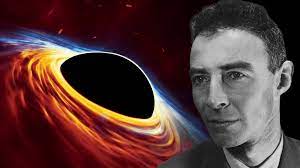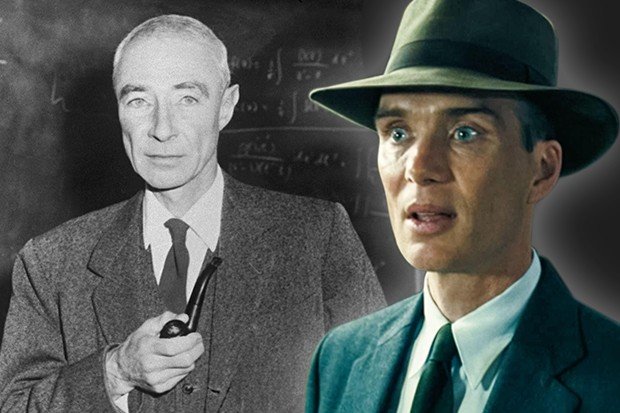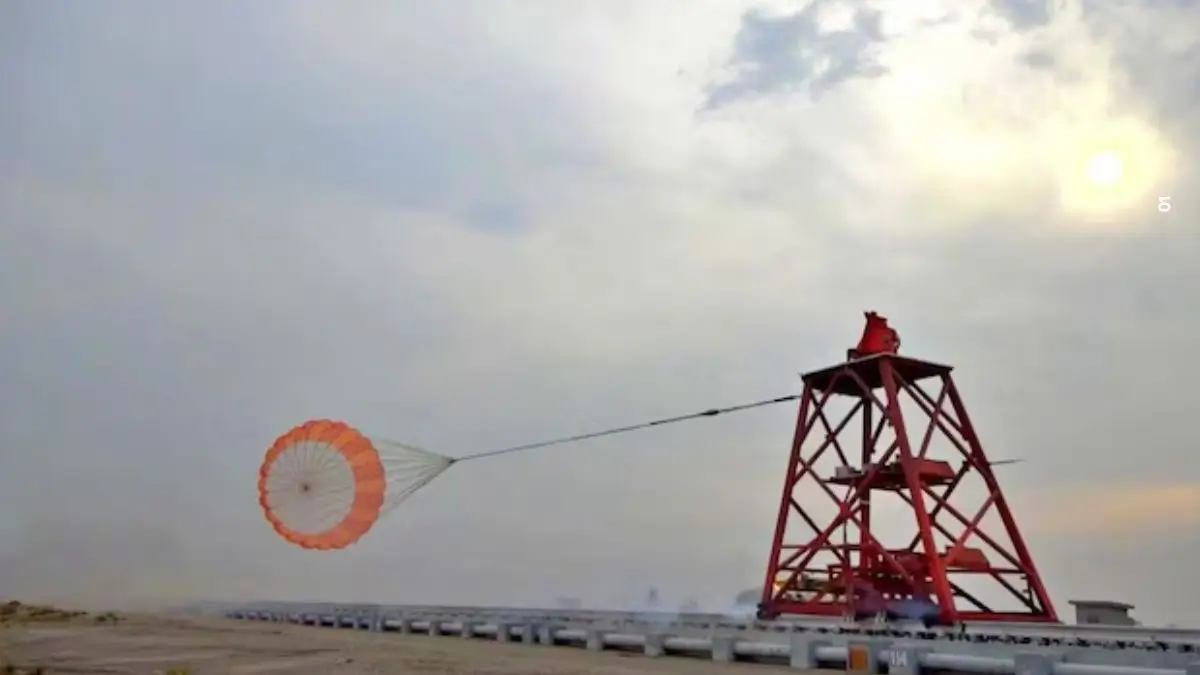Julius Robert Oppenheimer – The Father of the Atomic Bomb
Julius Robert Oppenheimer, a name etched in history, is often regarded as the “Father of the Atomic Bomb.” His groundbreaking work in nuclear physics and his leadership in the Manhattan Project during World War II played a pivotal role in the development of the first atomic bomb. This article delves into the life and achievements of Julius Robert Oppenheimer, shedding light on his significant contributions to the field of science and their impact on global affairs.

Why this News is Important
1. The Father of the Atomic Bomb
Julius Robert Oppenheimer’s pivotal role in the development of the first atomic bomb earned him the title “The Father of the Atomic Bomb.” Understanding his contributions is crucial for students preparing for civil service and government exams, as it highlights the impact of scientific advancements on global affairs.
2. Significance of the Manhattan Project
The Manhattan Project, led by Oppenheimer, was one of the most significant scientific endeavors of the 20th century. It showcases the importance of collaborative efforts in achieving ambitious goals and the potential ethical dilemmas that arise in scientific research.
3. The Atomic Age and Nuclear Politics
The successful testing and deployment of the atomic bomb marked the beginning of the atomic age and introduced the world to the devastating power of nuclear weapons. This news underscores the importance of nuclear politics and disarmament in contemporary global affairs.
Historical Context:
In the early 20th century, the discovery of nuclear fission and the subsequent realization of its potential for producing enormous amounts of energy sparked interest among physicists worldwide. Scientists in various countries began investigating the possibility of creating an atomic bomb, recognizing its potential for military applications.
Amidst geopolitical tensions and the onset of World War II, the race to develop nuclear weapons intensified. The United States, the United Kingdom, Germany, and the Soviet Union all initiated separate nuclear research projects. The Manhattan Project, led by Oppenheimer in the United States, eventually proved successful in creating the first atomic bomb.
Key Takeaways from “Julius Robert Oppenheimer – The Father of the Atomic Bomb”
| Serial Number | Key Takeaway |
|---|---|
| 1. | Julius Robert Oppenheimer was a renowned physicist and scientific director of the Manhattan Project during World War II. |
| 2. | He played a crucial role in the successful development of the first atomic bomb. |
| 3. | The Trinity Test and the bombings of Hiroshima and Nagasaki marked significant events in human history. |
| 4. | Oppenheimer’s contributions laid the foundation for modern nuclear technology and energy generation. |
| 5. | The ethical implications of scientific advancements in warfare remain a topic of debate and consideration in global affairs. |
Important FAQs for Students from this News
Q1. Who was Julius Robert Oppenheimer?
A1. Julius Robert Oppenheimer was a prominent physicist and the scientific director of the Manhattan Project, which developed the first atomic bomb during World War II. He is often referred to as the “Father of the Atomic Bomb.”
Q2. What was the Manhattan Project, and why was it significant?
A2. The Manhattan Project was a top-secret U.S. government initiative aimed at developing an atomic bomb. Led by Julius Oppenheimer, this project played a critical role in shaping global affairs by introducing nuclear weapons and ushering in the atomic age.
Q3. What were the major achievements of Julius Robert Oppenheimer?
A3. Oppenheimer made significant contributions to theoretical physics, particularly in quantum mechanics and quantum field theory. His research on electrons and positrons solidified his reputation as a leading physicist of his time.
Q4. How did the development of the atomic bomb impact global politics?
A4. The successful testing and deployment of the atomic bomb during World War II drastically altered the geopolitical landscape. It led to the beginning of the nuclear arms race, increased concerns about nuclear proliferation, and shaped the dynamics of international relations.
Q5. What controversies did Oppenheimer face later in his life?
A5. After World War II, Oppenheimer faced accusations of having communist sympathies, which led to a controversial security clearance hearing. Though he was eventually cleared of disloyalty charges, the incident had a profound impact on his personal and professional life.
Some Important Current Affairs Links

















